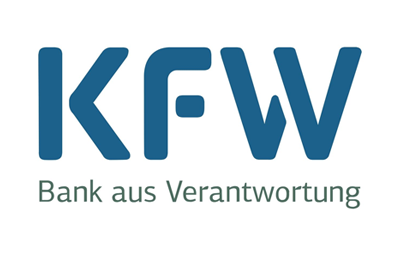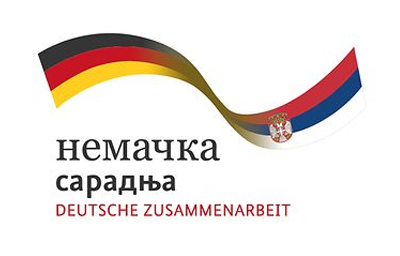
After successful implementation of the first phase of the project, Roma Education Fund branch office in Serbia will continue with activities implementation through the project “Promoting the Employment of Young Roma – Phase Two”.
In 2016, Roma Education Fund branch office in Serbia has started the implementation of the project “Improved Education and Integration Opportunities for Roma in Serbia, Employment Empowerment of Young Roma and Reintegration of Returnees“, funded by the German Financial Cooperation implemented by KfW on behalf of the German Government – Ministry for Economic Cooperation and Development.
Direct beneficiaries of the second phase of the project remain to be young Roma in Serbia, as it was in the first phase, and objectives of the project the promotion of employability by building their capacities, improving the quality and inclusiveness of education system and advocating for the inclusion of Roma. These objectives will be achieved through facilitating the handover of the Secondary Scholarship and Mentorship Program to the Ministry of Education, Science and Technological Development (MoESTD), through the increase of youth employment, by strengthening of Roma inclusion mechanisms and enforcement of the respective legislation and regulations with a strong emphasis on cross-sectoral cooperation and strategic partnerships.
The second phase of the project will include some restructuring of all three project components.
The first component of the project – Education, besides activities implemented so far, will include provision of support to the beneficiaries of the Adult Education “Second Chance“ Program, implemented by MPNTR.
The second component of the project – Employment, will involve an extended number of beneficiaries and companies, will provide support to the beneficiaries of the Adult Education “Second Chance“ Program, implemented by MPNTR and will establish Community Employment Hubs.
The third component of the project – Young Roma Returnees, will also have an extended number of beneficiaries and local partner NGOs in several different municipalities, in order to increase the number of returnee families and children involved in project activities.
During the second phase of the project, more than 500 Roma secondary scholars will be supported by more than 200 trained mentors; more than 300 beneficiaries will complete vocational trainings, more than 100 users will complete internships and more than 50 Cooperation Agreements will be signed with employers from public, private or civil sector; more than 500 Roma returnee children will be supported in educational reintegration.

